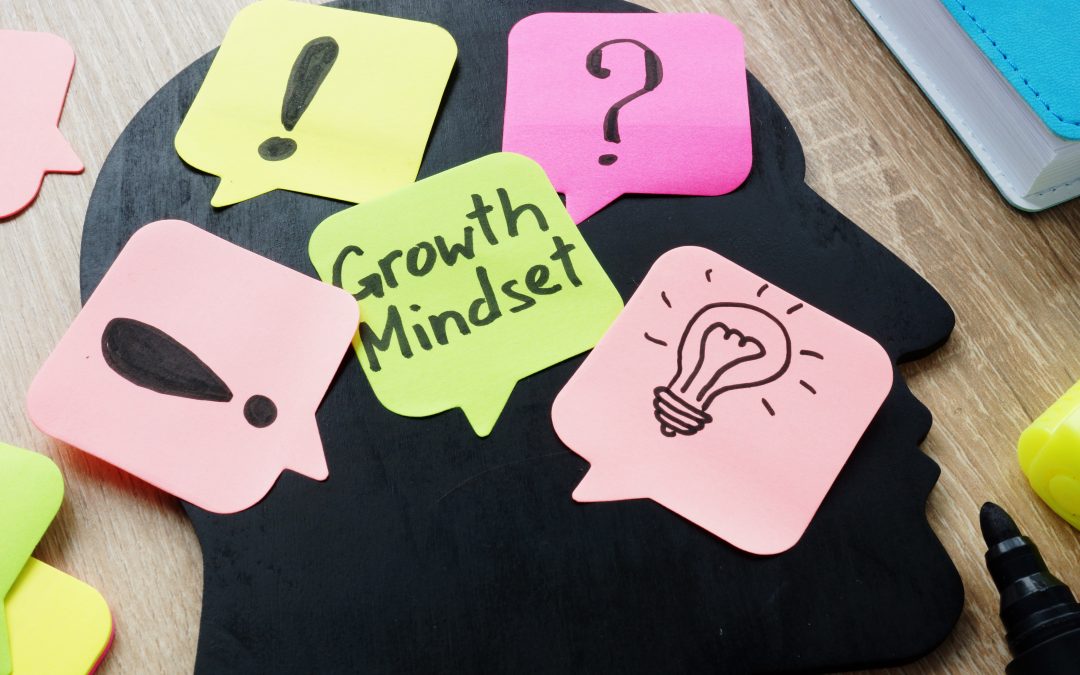What is a growth mindset? There are enviable individuals who acquire skills and knowledge effortlessly, others are more orderly and achievement-focused, and still others who exhibit unusual talents. While such positive traits are not evenly distributed, they are not necessarily out of reach for those who are not “natural” high achievers. A growth mindset, as conceived by Stanford psychologist Carol Deweck and colleagues, is the belief that a person’s capacities and talents are be improved over time.
How the Growth Mindset Works
In studies that examine mindset, participants are given statements such as: “You have a certain amount of intelligence, and you really can’t do much to change it.” Participants who disagree with such statements are considered to have more of a growth mindset. However, agreeing with such a statement would mean that the participants has more of a fixed mindset.
What is the difference between growth and fixed mindsets?
A growth mindset contrasts with a fixed mindset. The latter is the limiting belief that the capacity to learn and improve cannot be meaningfully developed. The growth mindset, conversely, is open to the effort even if it takes time. Proponents of the theory contend that adopting a growth mindset, and rejecting a fixed mindset, can help people be more open to success.
What are examples of a fixed mindset?
Some people get stuck in thoughts such as I’m not good at anything. I always strike out. Everyone else does better than I do. They are convinced that they can’t learn anything new, and that it’s far too late for them to try because they will fail anyway. They feel they struggle too much in their tasks, and they feel inferior by the seemingly easy success of the people around them.
Is persistence a useful trait for a growth mindset?
Proponents of the theory propose that individuals with a growth mindset will be more oriented toward self-improvement and more likely to persist in the face of challenges and failures. They will treat obstacles as opportunities to grow rather than signs of their abilities being inadequate. However, persistence is useful only up to a point, sometimes a person has to pivot and try other things to reach their objectives and goals.
Can you have both growth and fixed mindsets?
You can argue that people can flow from growth to fixed thinking, or maybe even the other way around. When a person is criticized, judged, or blamed, it’s easy for them to feel defensive and inadequate. That growth thinking may well give way to a fixed frame of mind, stunting the ability to learn. People who work for bullies, can move from growth to fixed thinking poste haste.

